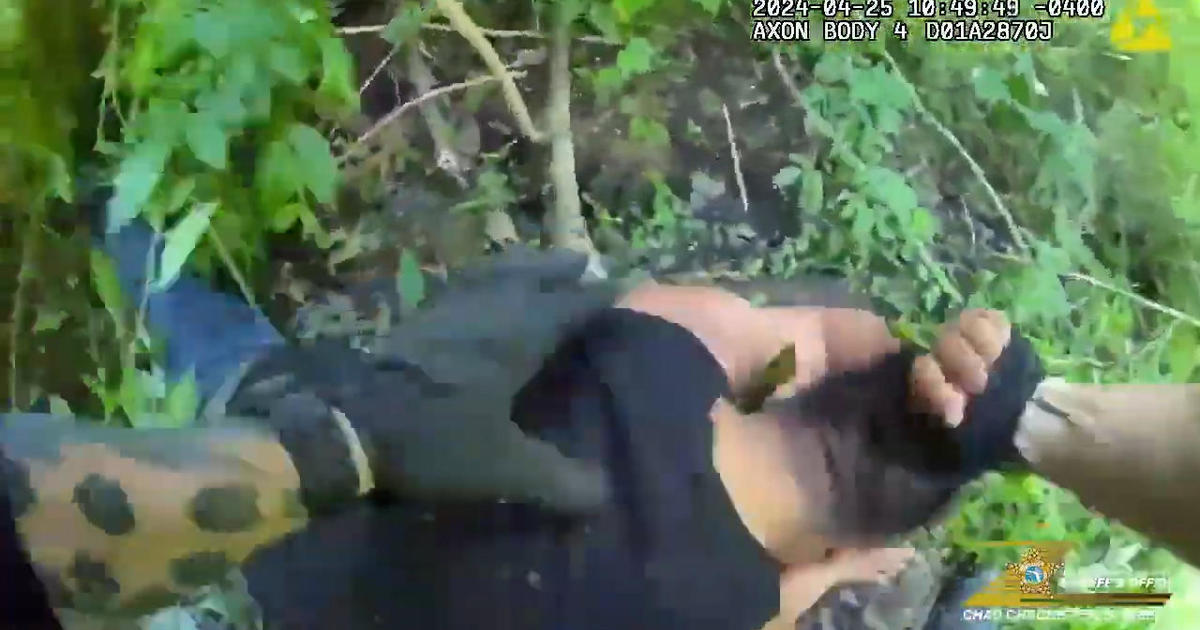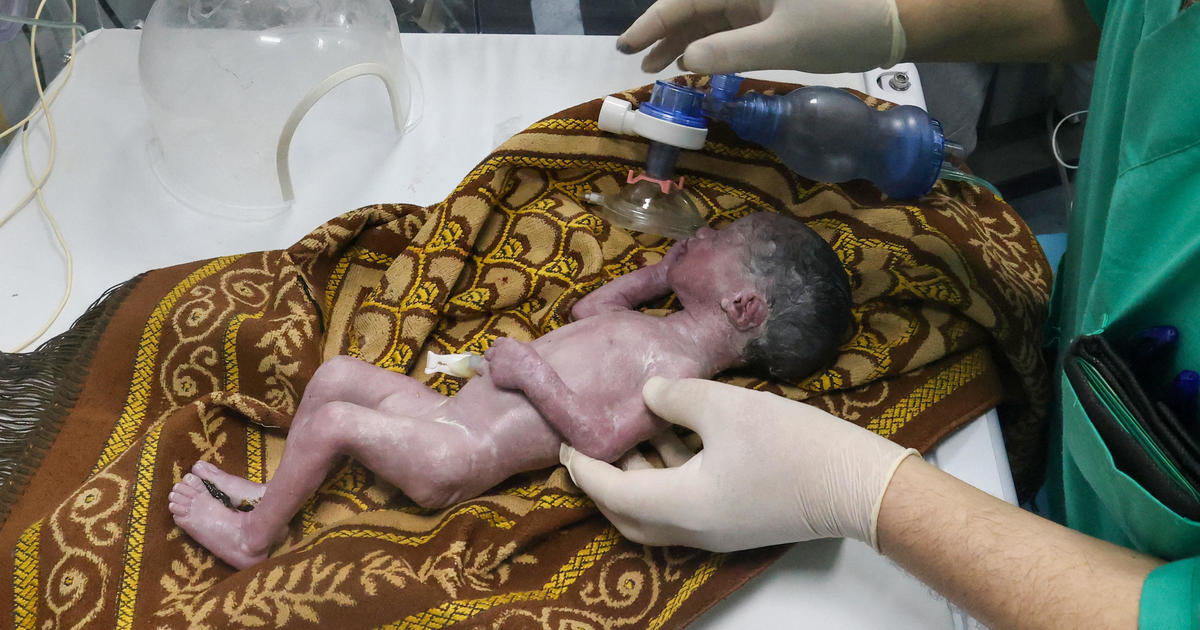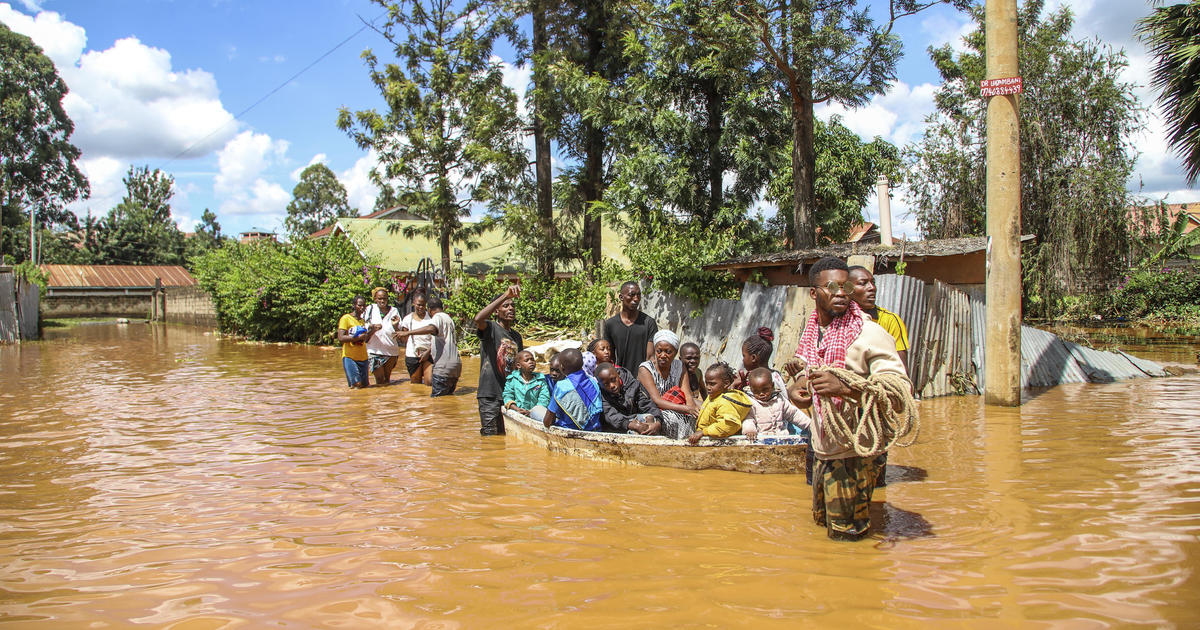Traveler stopped at Dulles airport with 77 dry seahorses, 5 dead snakes
Two travelers at Dulles airport this month were stopped with an array of unusual items — including dried seahorses, dead snakes, an ointment made with snails and medicine with snake oil, officials said Wednesday.
Both travelers flew into Dulles from Vietnam, Customs and Border Protection authorities said. One traveler also had uncertified pork products that could have introduced African swine fever and swine vesicular disease to the U.S., officials said.
The first traveler, who arrived on Aug. 1 and was headed to Fairfax, Virginia, also had 77 dry seahorses, five jars of snail ointment and five dead snakes, officials said. The second traveler, who arrived on Aug. 4 and was headed to San Francisco, had the prohibited pork products and 50 boxes of an herbal medicine that listed snake oil in its ingredients.
Agriculture specialists from Customs and Border Protection seized all of the products and turned them over to inspectors from the U.S. Fish and Wildlife Service.
Dried seahorses are used in traditional medicine in several countries. They're believed to have more than 200 therapeutic properties, according to the World Wildlife Fund. Snakes, snails and snail slime are also commonly used in traditional medicine.
"Though we may consider some animal-based products to be unusual, people in other parts of the world may consider them to be normal. However, travelers visiting the United States should understand that Customs and Border Protection is committed to protecting our nation's agricultural industries and enforcing our wildlife and import laws which may result in the seizure of their animal-based products," Christine Waugh with Customs and Border Protection said.
The Convention on International Trade in Endangered Species of Wild Fauna and Flora, an international agreement, is designed to ensure the trade of animals and plants does not threaten their survival in the wild. The international wildlife trade, which includes live specimens, is estimated to be in the billions of dollars, according to customs officials.
In a recent incident, U.S. Border Patrol agents discovered a migrant had a backpack filled with seven spider monkeys, officials said. Spider monkeys are considered critically endangered and are among the 25 most threatened primates in the world, according to the Wildlife Conservation Society.



